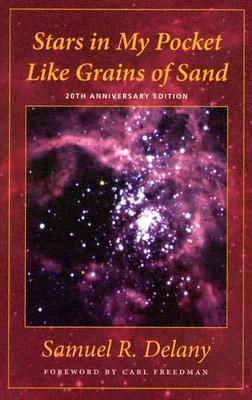
100 words: overall
Elliott Hall has written a very readable, fun, by-the-numbers hard boiled detective story. There’s an ugly murder – which is obviously a set-up. Our Hero, a Fundamentally Good Detective, Felix Strange(in suit and fedora, no less) with Unusual Strong Moral Qualms, is called in and strong-armed into investigating and uncovering the culprit, despite the fact that it’s ever so obviously a set up. Strange, like his prototypes, has a curious addiction that’s used to keep his journey, and his plight, interesting. I don’t read a lot of hard boiled detective fiction: I appear to like it, but I don’t love it.
100 words: worldbuilding (where it gets clever)
Those uninterested in pure detective stories, might be drawn into the world: this is where The First Stone shines. The world is one in which the extreme religious right’s political influence becomes profound across the US after an extreme terrorist event. There are clear private police forces, a number of concurrent wars in the Middle East, and non-Christians are encouraged to leave the country. There’s a particular encounter that’s very well done with a census worker who insists on listing a religion for Strange: the public sector worker exits, his form filled in, but it forebodes further danger for Strange.
100 words: …and where it goes off
I’m as terrified of the rise of religion as a political force in the country with the most nuclear weapons as the next person, but as clever as the world building is, sometimes it’s crude and seems like it’s just having a go. Furthermore, Strange’s voice is heavily clichéd, and not in a good way – particularly when he’s talking to & about “the dame”, the love interest who is a religious convert after a terrible life. Strange points out how nasty the extremists are to women – dress codes and a return to ‘moral’ values – but he’s not much of a charmer himself.
100 words: conclusion
Don’t get me wrong: It’s not a bad book. It’s pretty good. It could be suffering by my reading it straight after Tigerman and Cuckoo Song. It probably is. It’s very enjoyable and a fun read and there’s a lot of craft on display. The biggest annoyance was that Hall clearly put a lot of thought and care into creating this, but then too often used a blunt instrument where a fine one should do. I should have been reflecting on this book for weeks afterwards, but ultimately, it was preaching to the choir. Or, in this case, the opposite.









